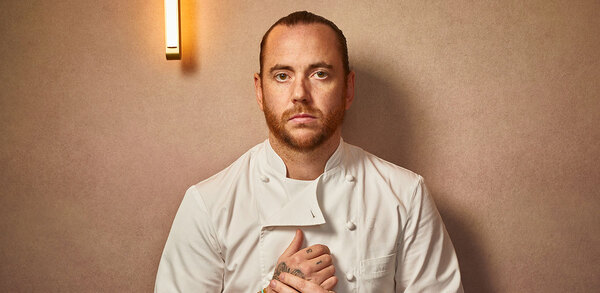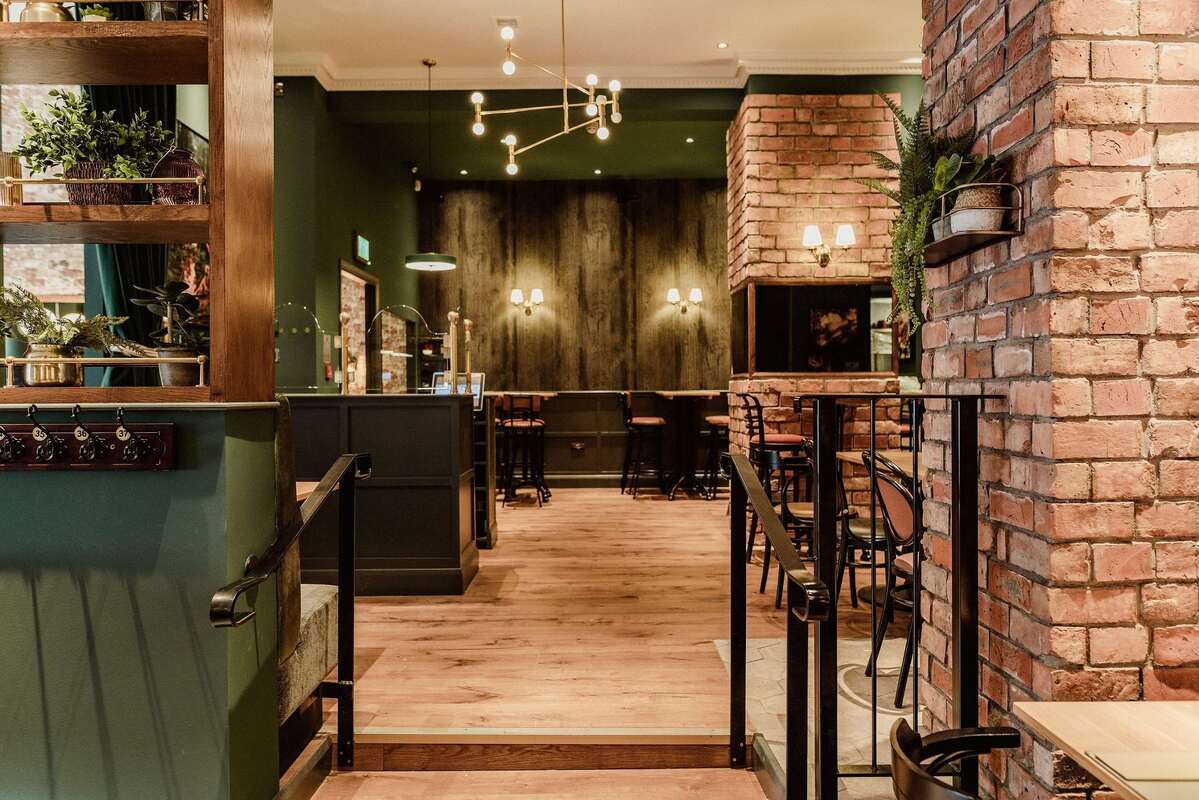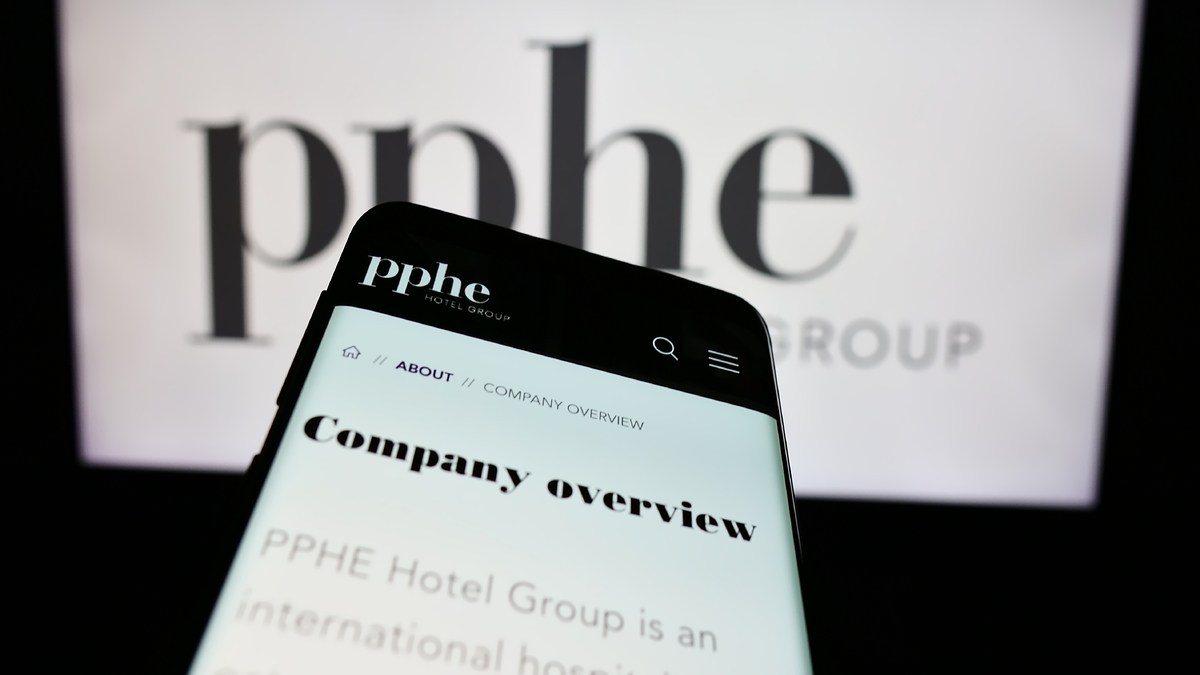Industry leaders predict "perfect storm" ahead for hospitality
The UK hospitality industry is on the verge of facing "a perfect storm", with more than half of business leaders concerned about rising costs, staffing, security, and the sustainability of consumer confidence, according to new research.
Leading chairmen and chief executive, representing businesses with revenues of over £40b and employing more than a million people across the UK, voiced their concerns for a report prepared by executive search business Heidrick & Struggles in partnership with the British Hospitality Association (BHA).
Of chief concern to industry leaders was rising costs, exacerbated by the fall in the value of the pound following the EU referendum result which is having a major impact on the price of key imports.
One chief executive complained about the price of butter, with an increased cost to her business of 46%, while another was seeing meat prices rise by 29%. This will result in higher bills for customers. However, the majority of those questioned for the report said consumers are yet to react negatively to price rises because the majority of the costs are yet to hit them.
Hospitality businesses are also bracing themselves for the impact of Brexit on immigration. Almost all operators in the sector are heavily reliant on European workers. Half of the chief executives reported that their workforce is made up of 25-50% Europeans, while more than a third of businesses have hired EU citizens to fill 50-75% of their workforce.
According to the report, post-Brexit the hospitality industry pay bill will increase by £1.4b in the first year, and could rise by just over £1b a year over three years, amounting to a total cost of £3.2b.
Wider economic changes for the sector include the rise in business rates, the apprenticeship levy and pensions auto-enrolment.
Ufi Ibrahim, the chief executive of the British Hospitality Association, said that the "perfect storm" facing the hospitality industry is well articulated by the report which highlights "a looming recruitment crisis caused by cuts to come in EU immigration, rising costs on both materials and labour, increased business rates and a tax regime that favours our European competitors".
She continued: "We have been urgently discussing these matters with the last government and will do so with the next. Our 10-year strategy to encourage more UK workers into the industry has been well received and we have confidence that with government support we can continue to grow what is the fourth largest industry in the UK."
Ben Twynam, partner at Heidrick & Struggles, said: "While industry leaders are relatively confident about the remainder of 2017, they are far more pessimistic about the two years thereafter, when the real impact of Brexit will come to fruition."
Industry leaders interviewed for the report represent hotels, restaurants, pubs, and catering businesses. They included - among others -Thomas Dubaere, managing director, UK & Ireland, AccorHotels; Simon Vincent, executive vice-president and president, EMEA, Hilton; Mark Fox, chief executive, Bill's Restaurants; Gerry Ford, chairman and chief executive, Caffè Nero; Alasdair Murdoch, chief executive, Gourmet Burger Kitchen; and Harry Murray, chairman, Lucknam Park Hotel & Spa.
The hospitality and leisure industry is the fourth-largest employer in the UK, with 4.5 million people working in more than 180,000 businesses across the country.
BHA round-up: A manifesto for a new government >>
BHA warns government over post-Brexit hospitality workforce >>
Facing the future: the BHA's Ufi Ibrahim outlines plans for a better Brexit >>
Videos from The Caterer archives














